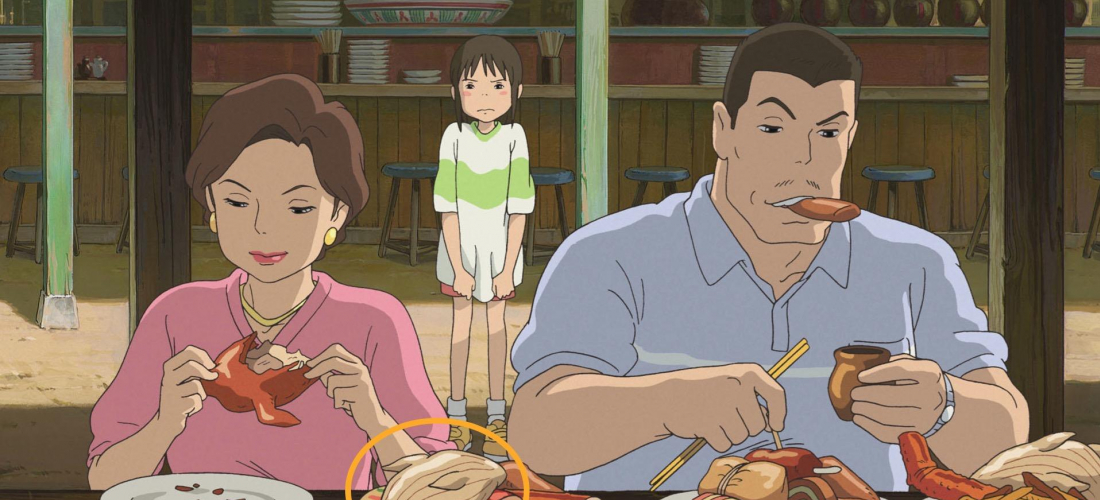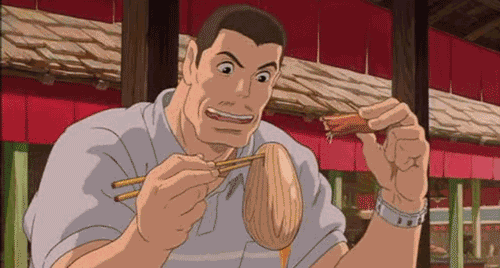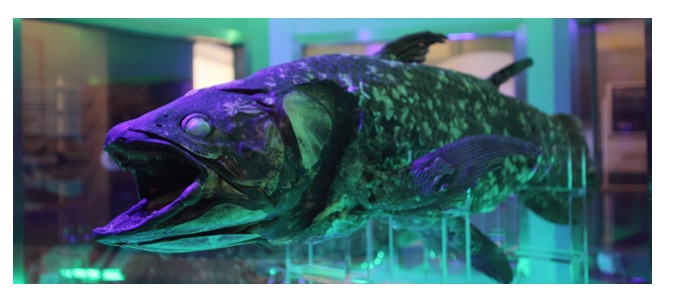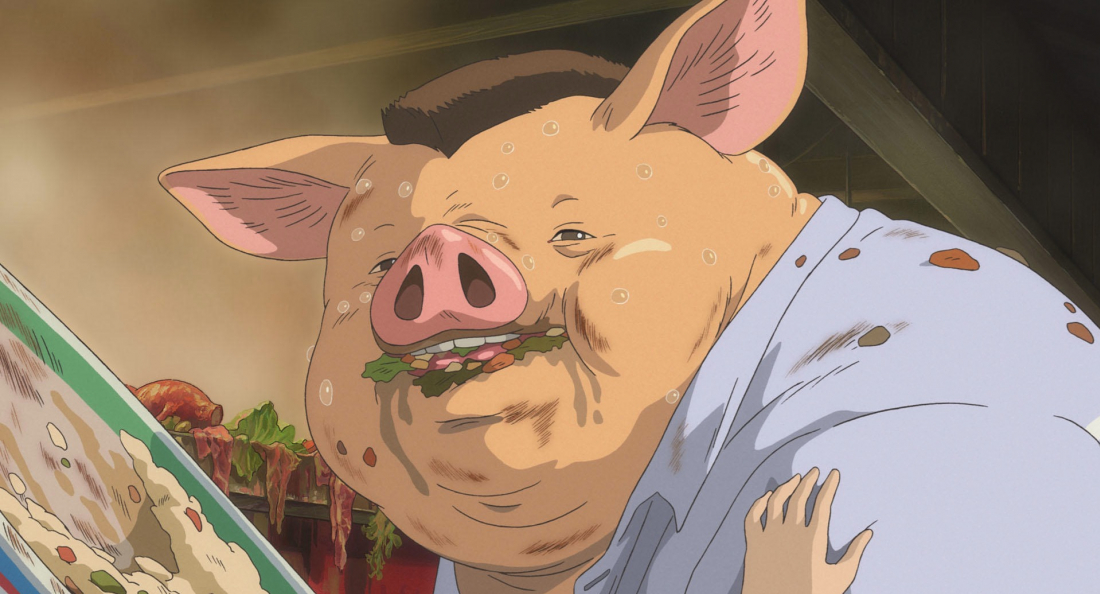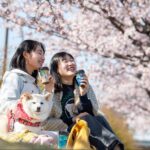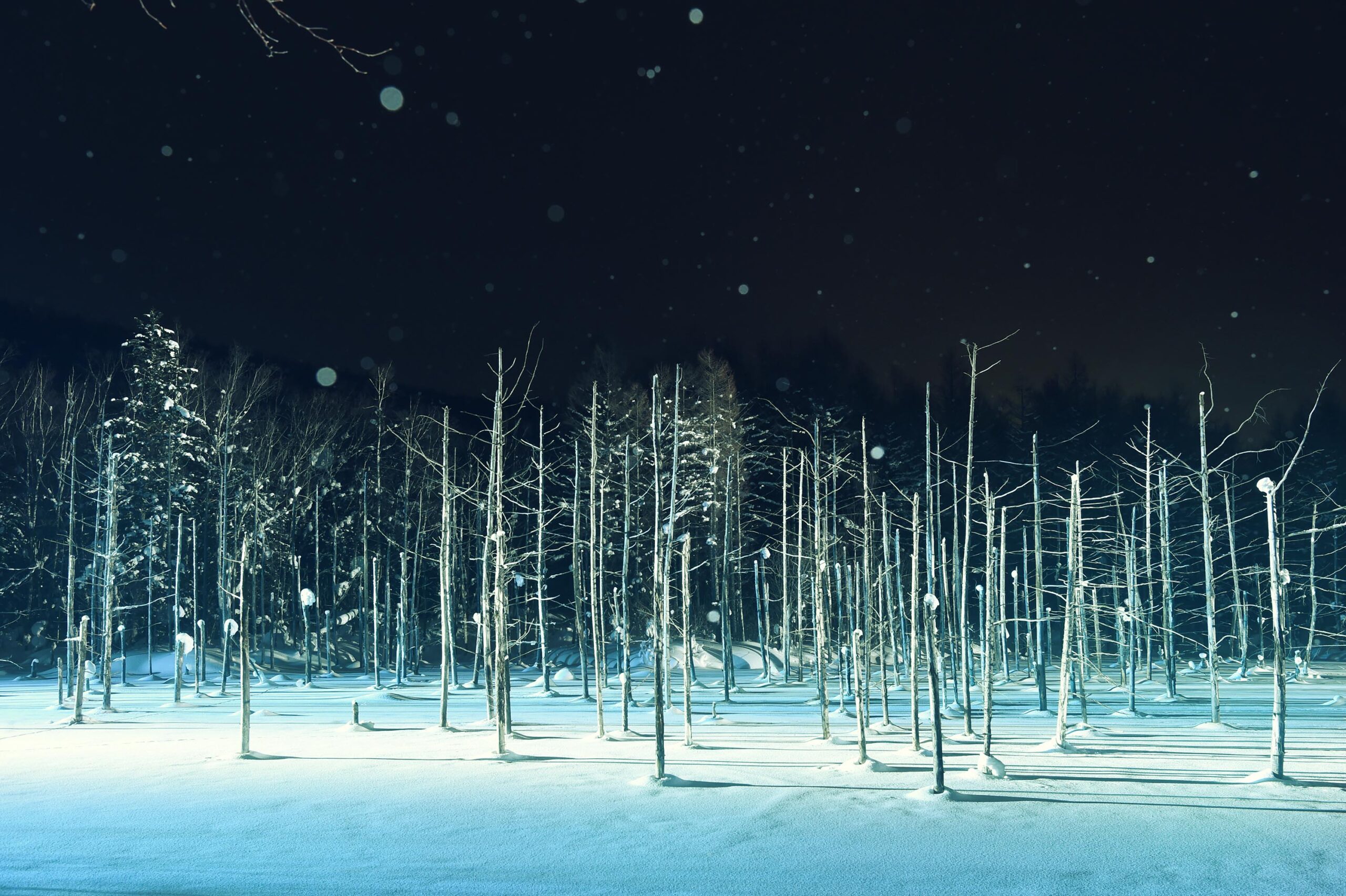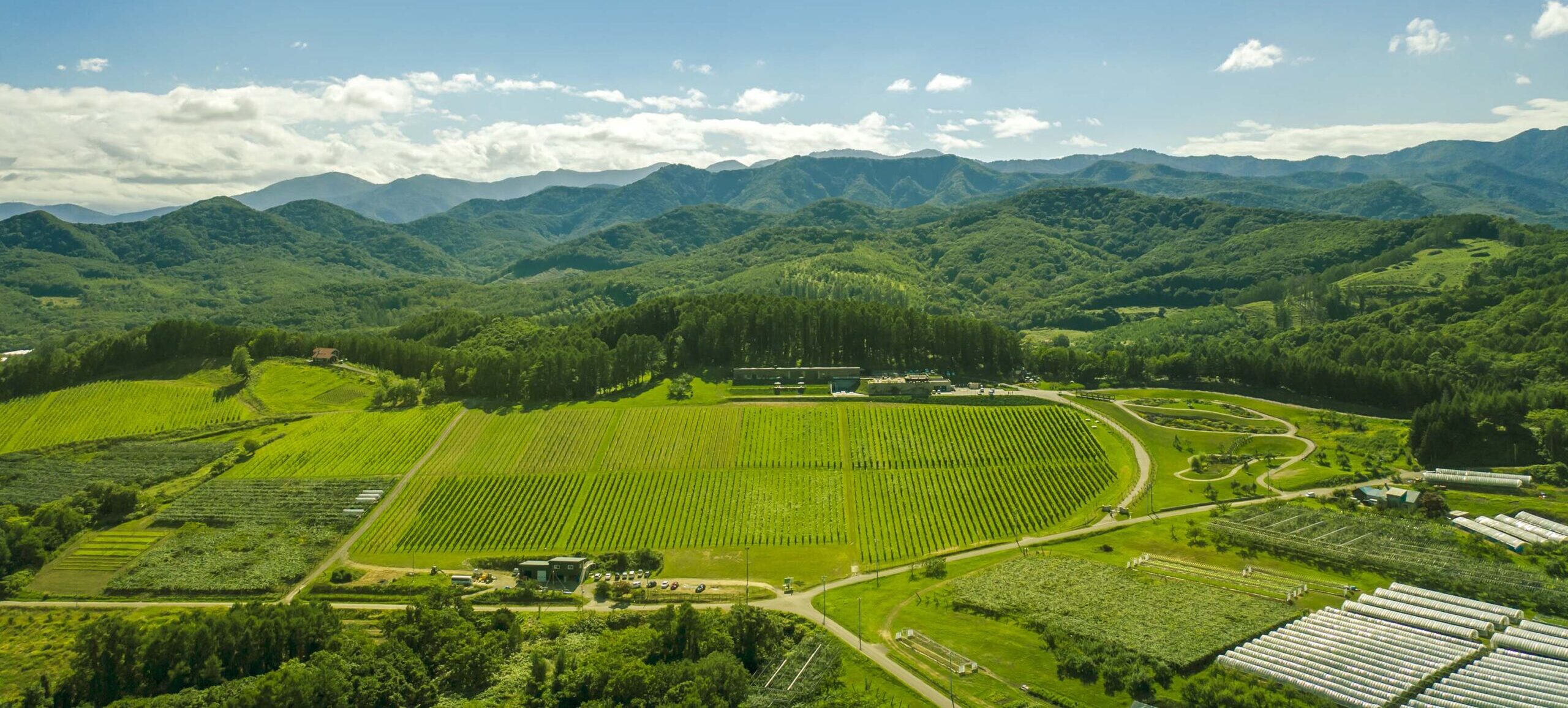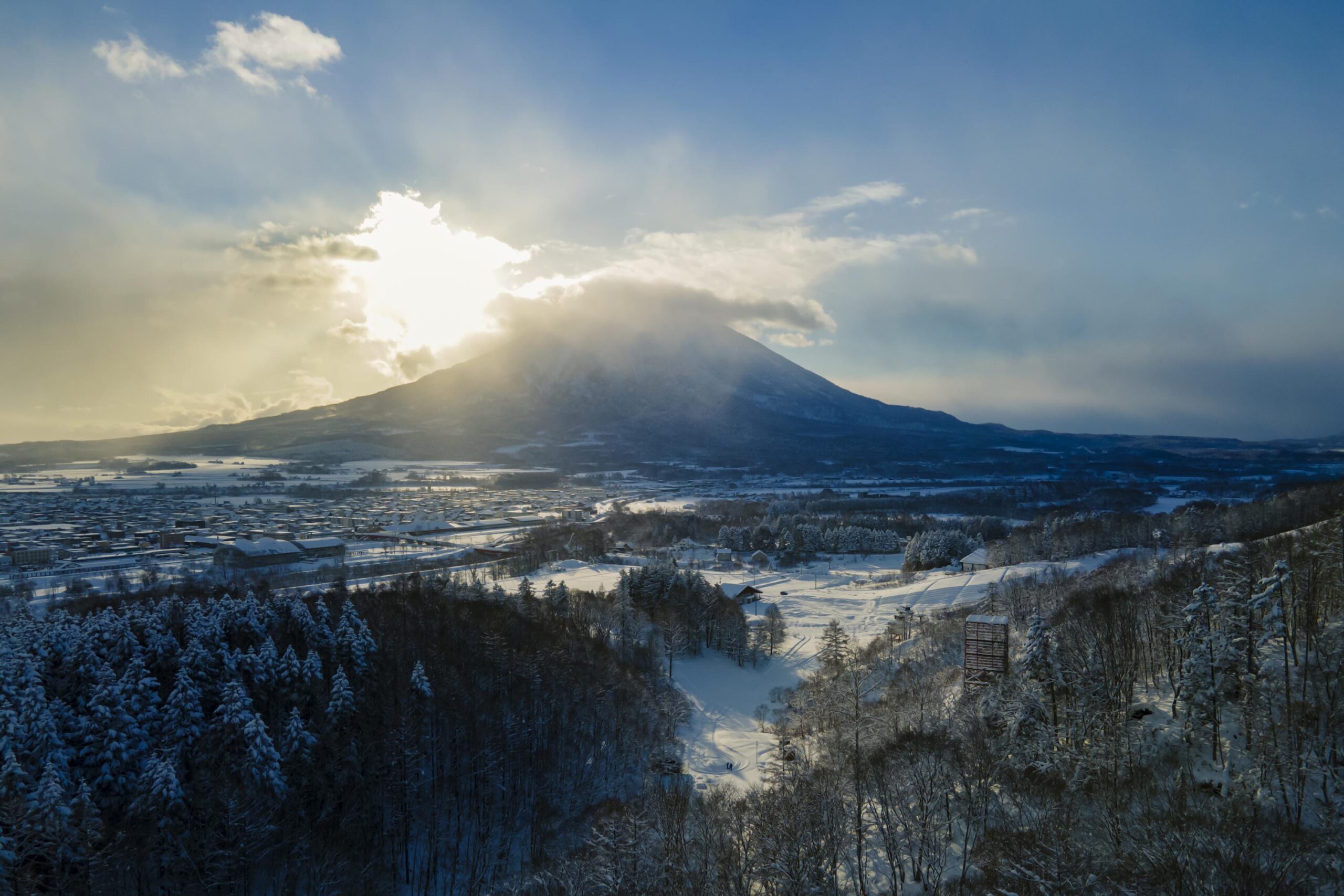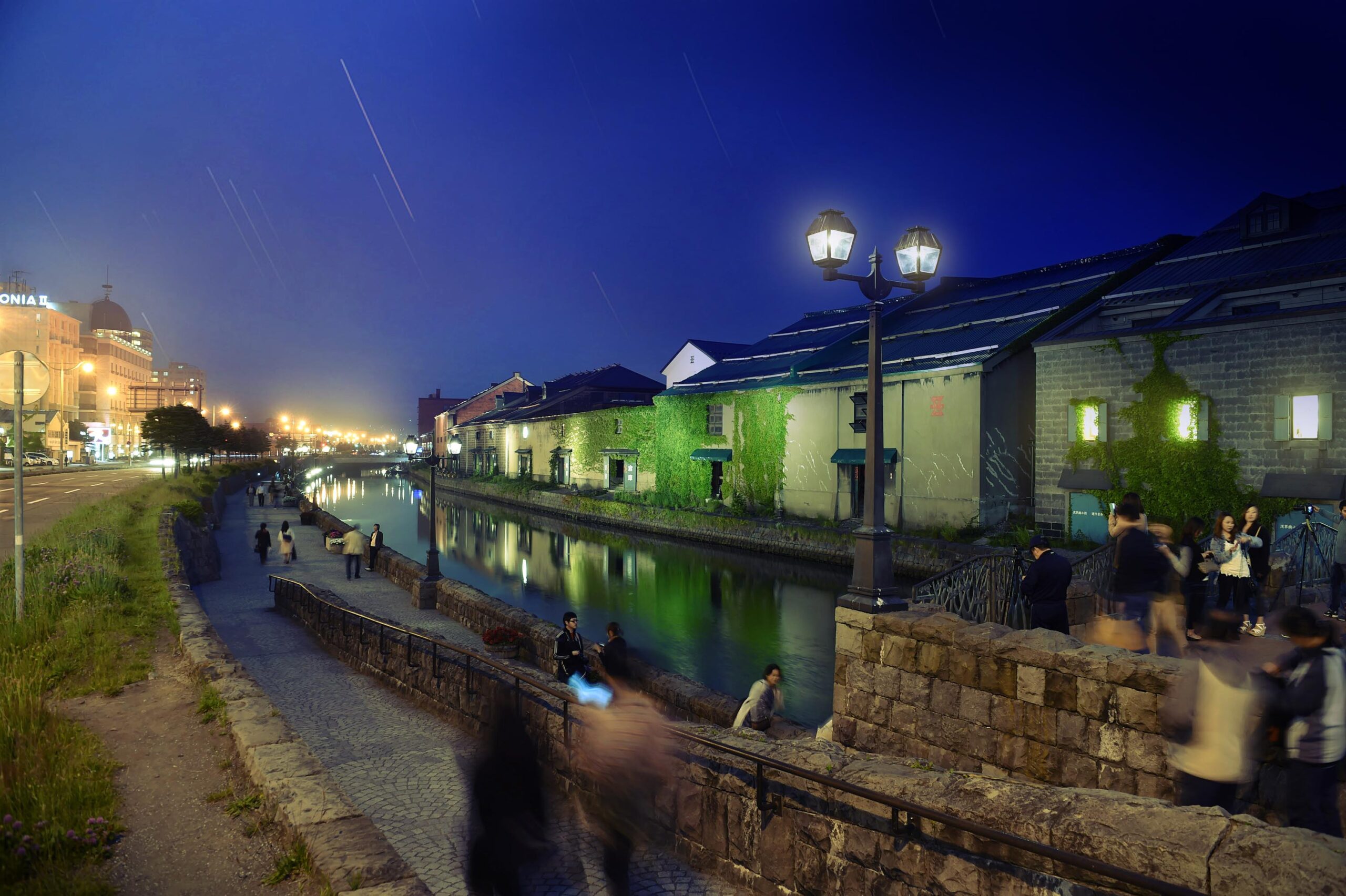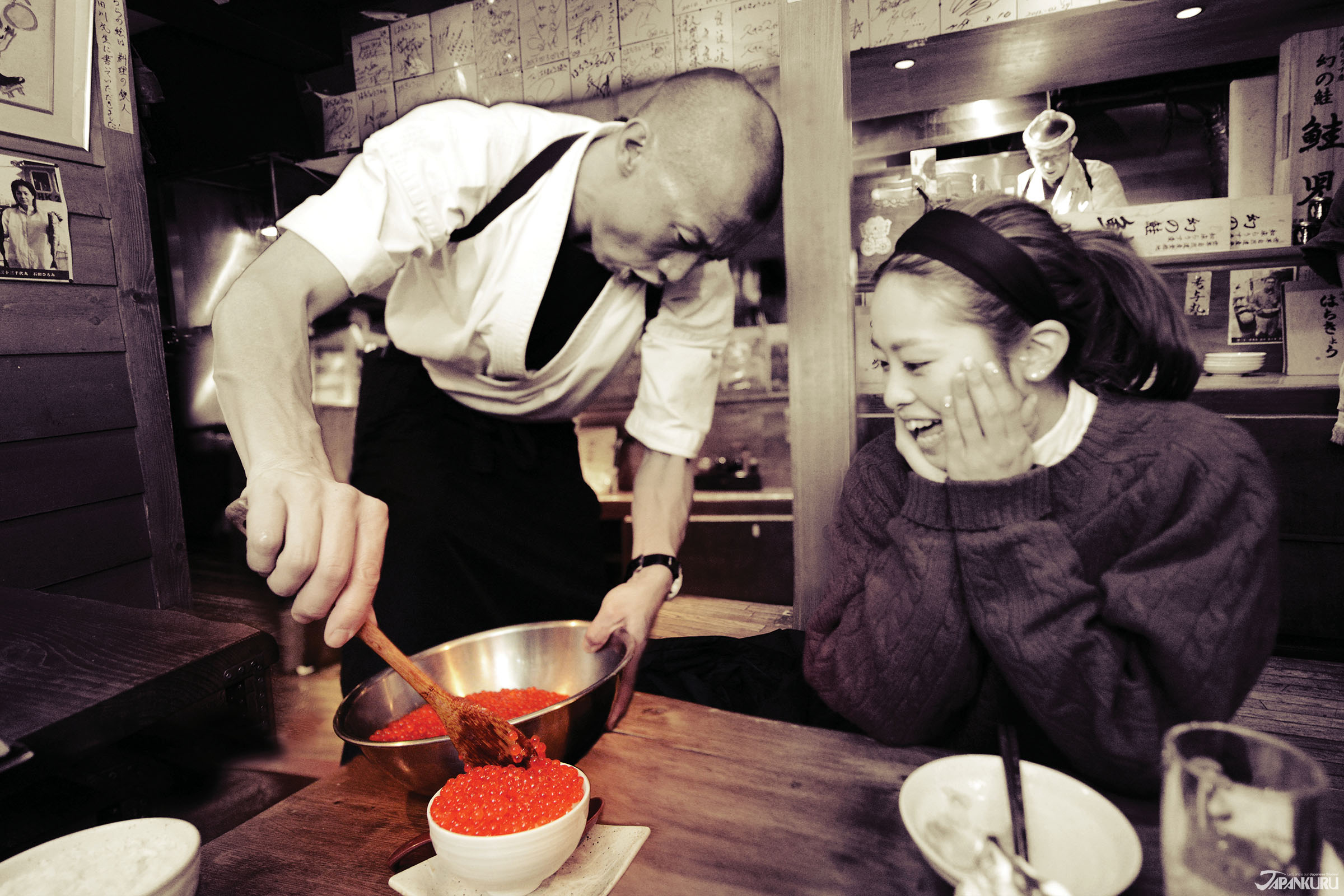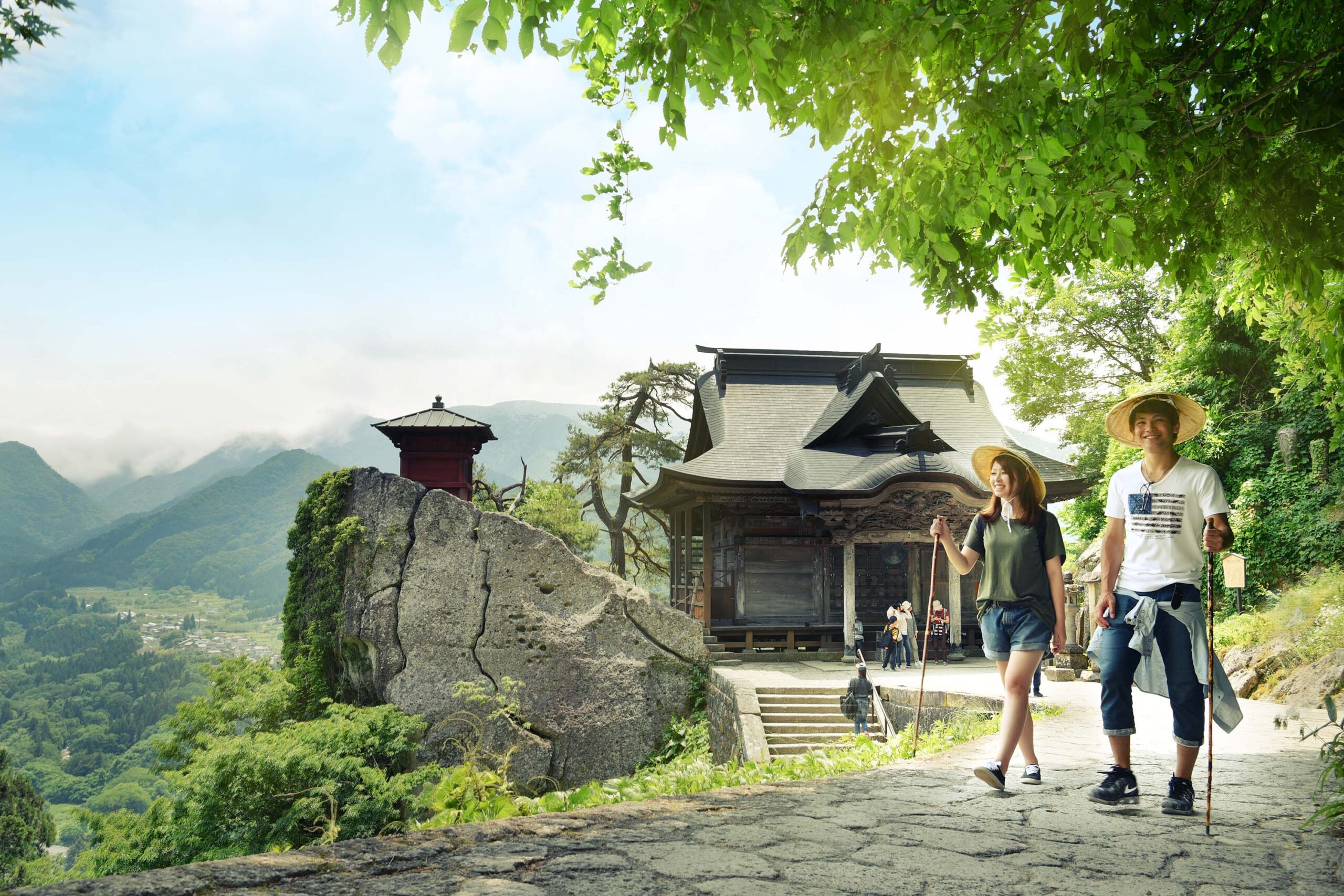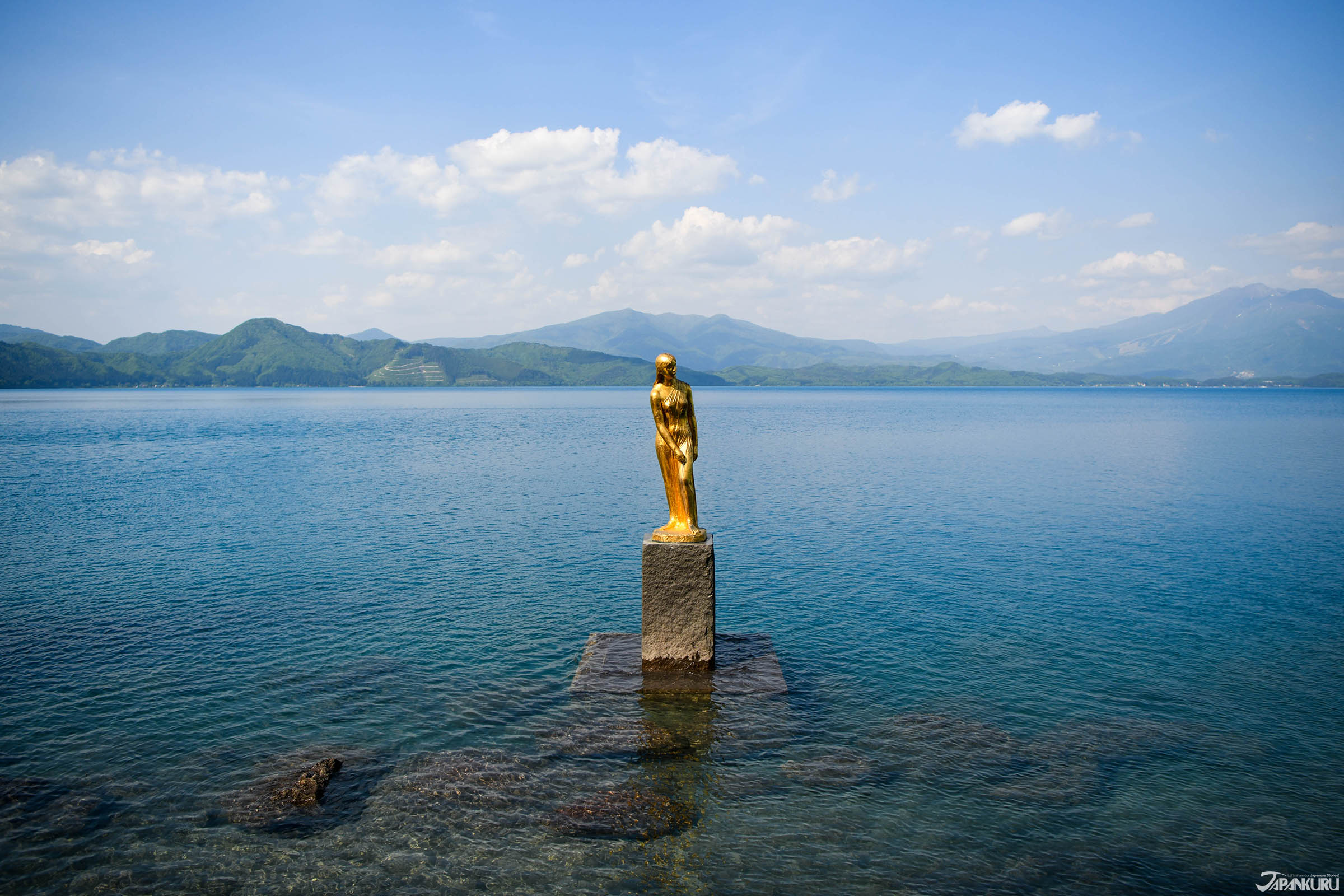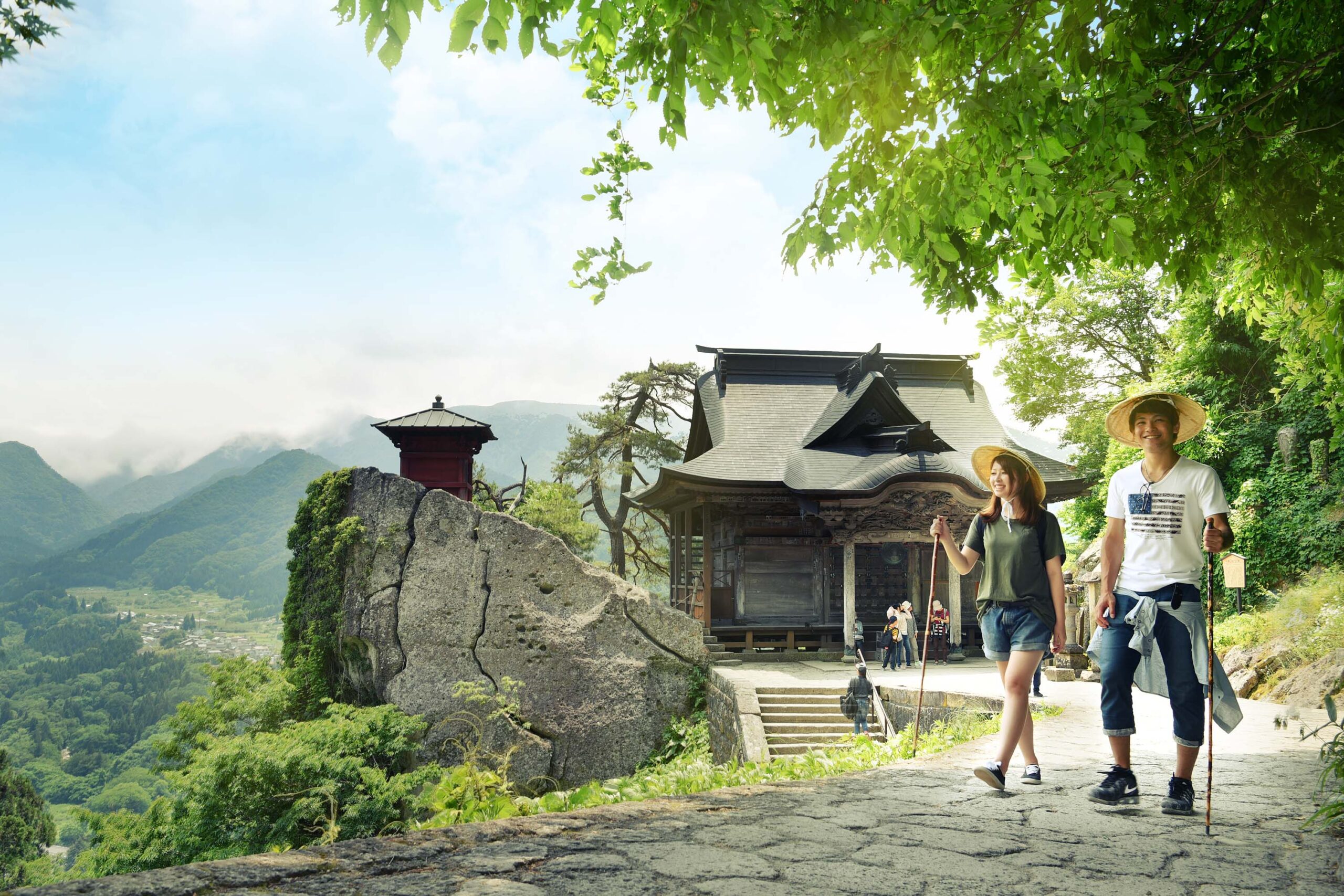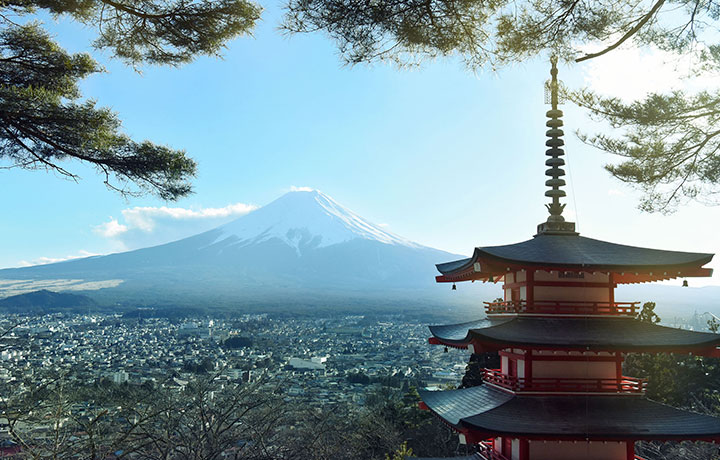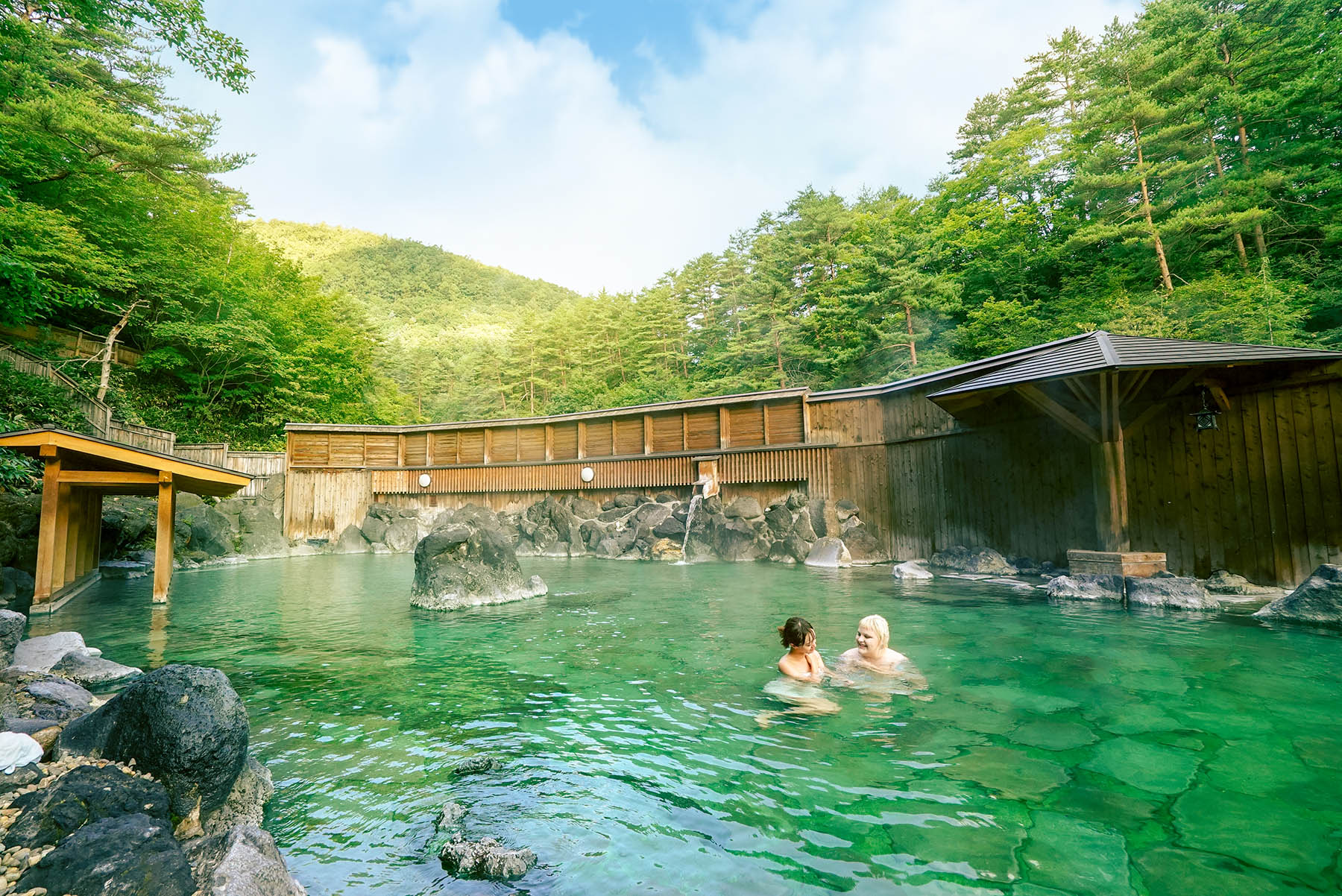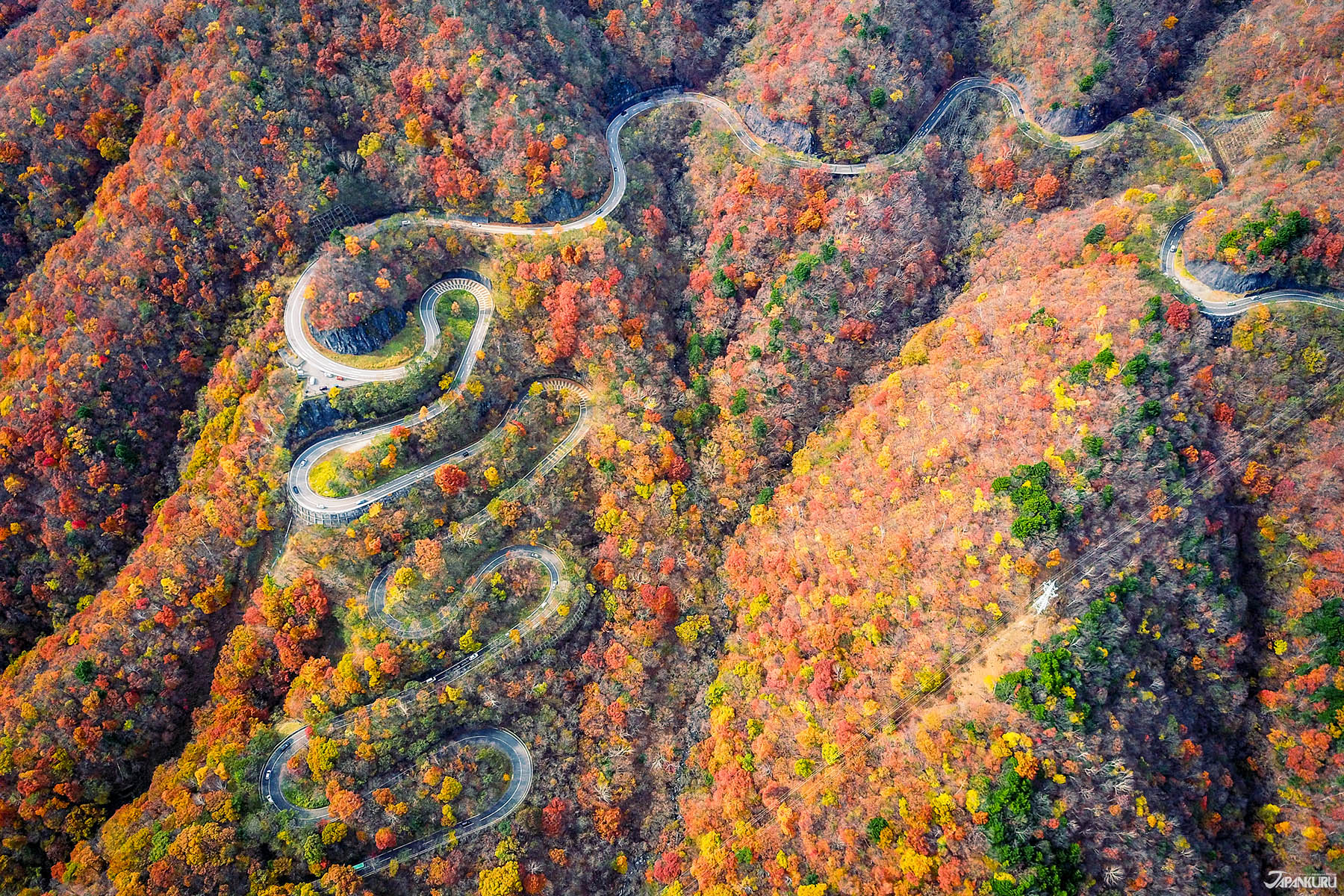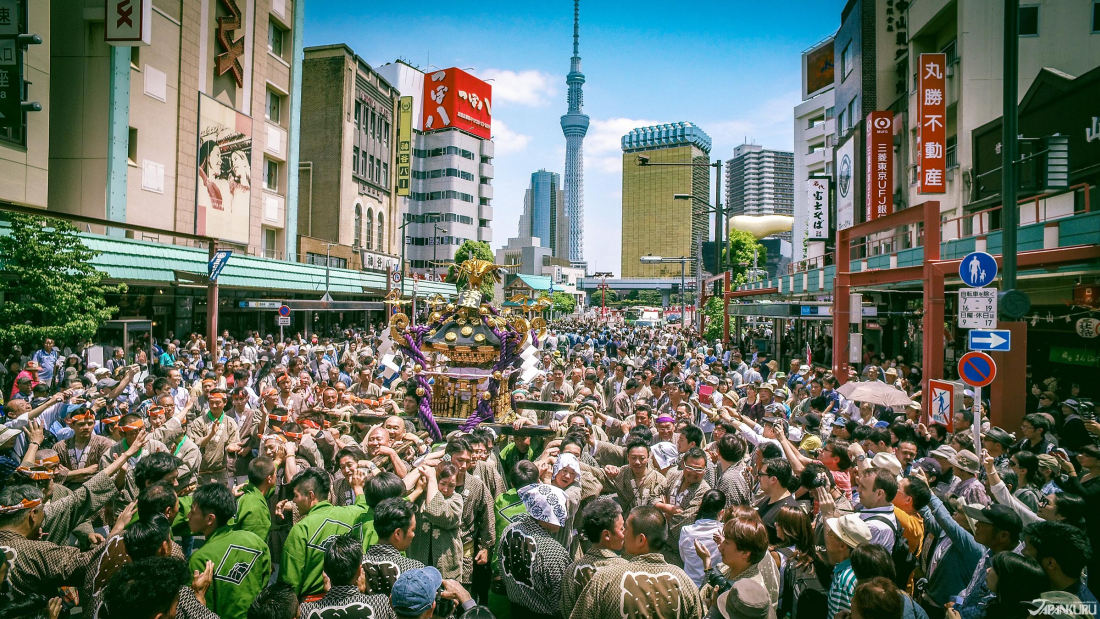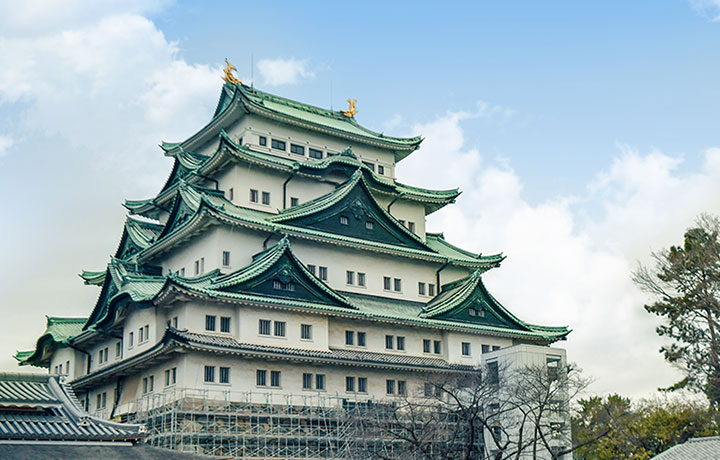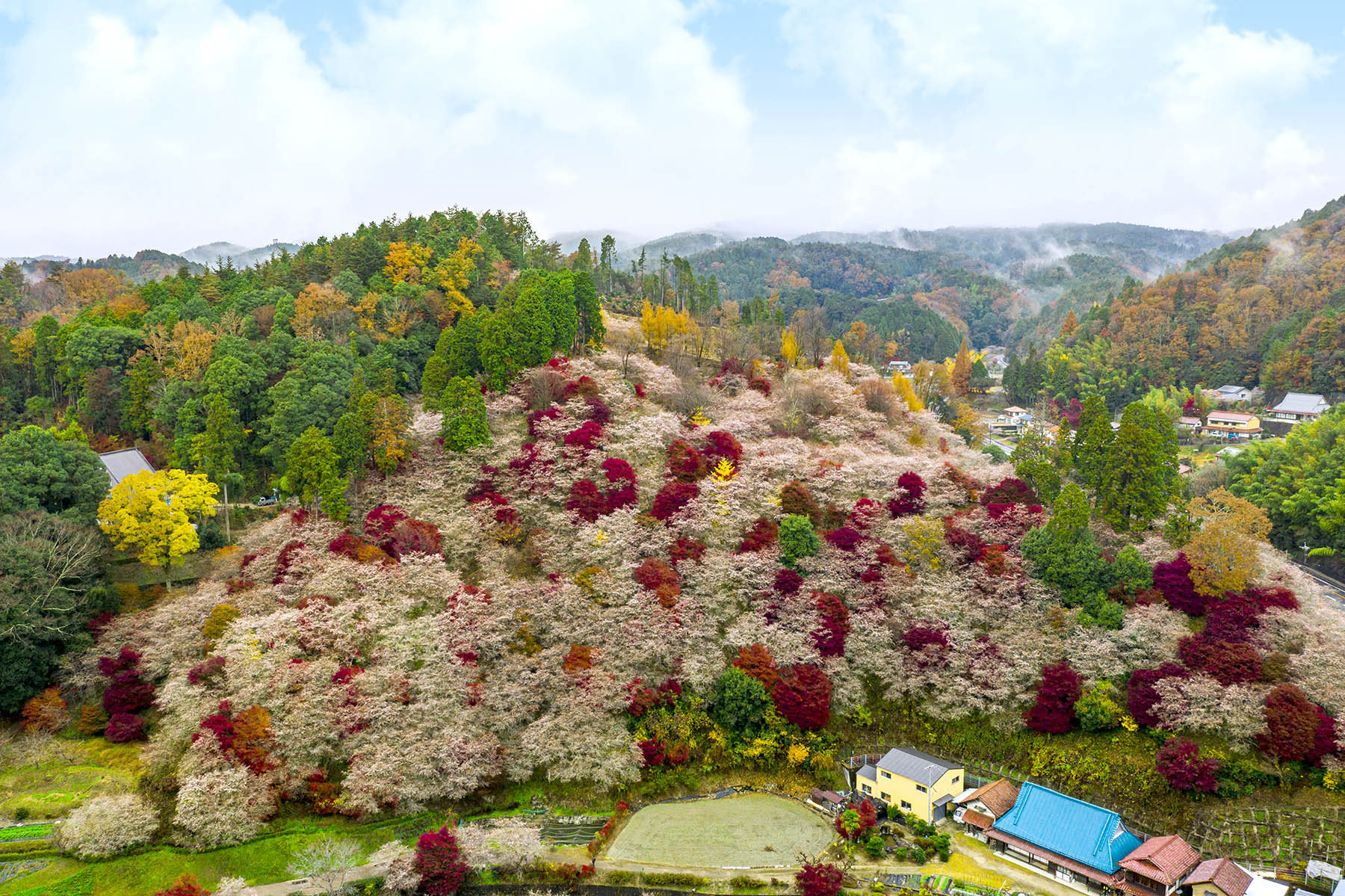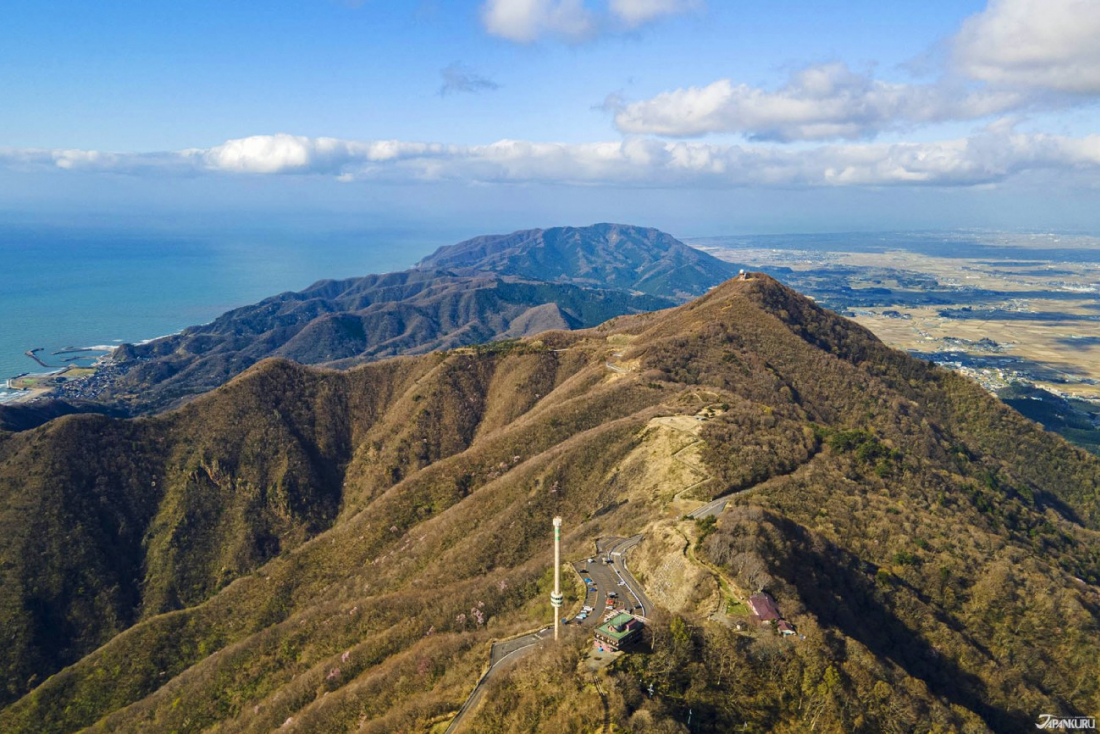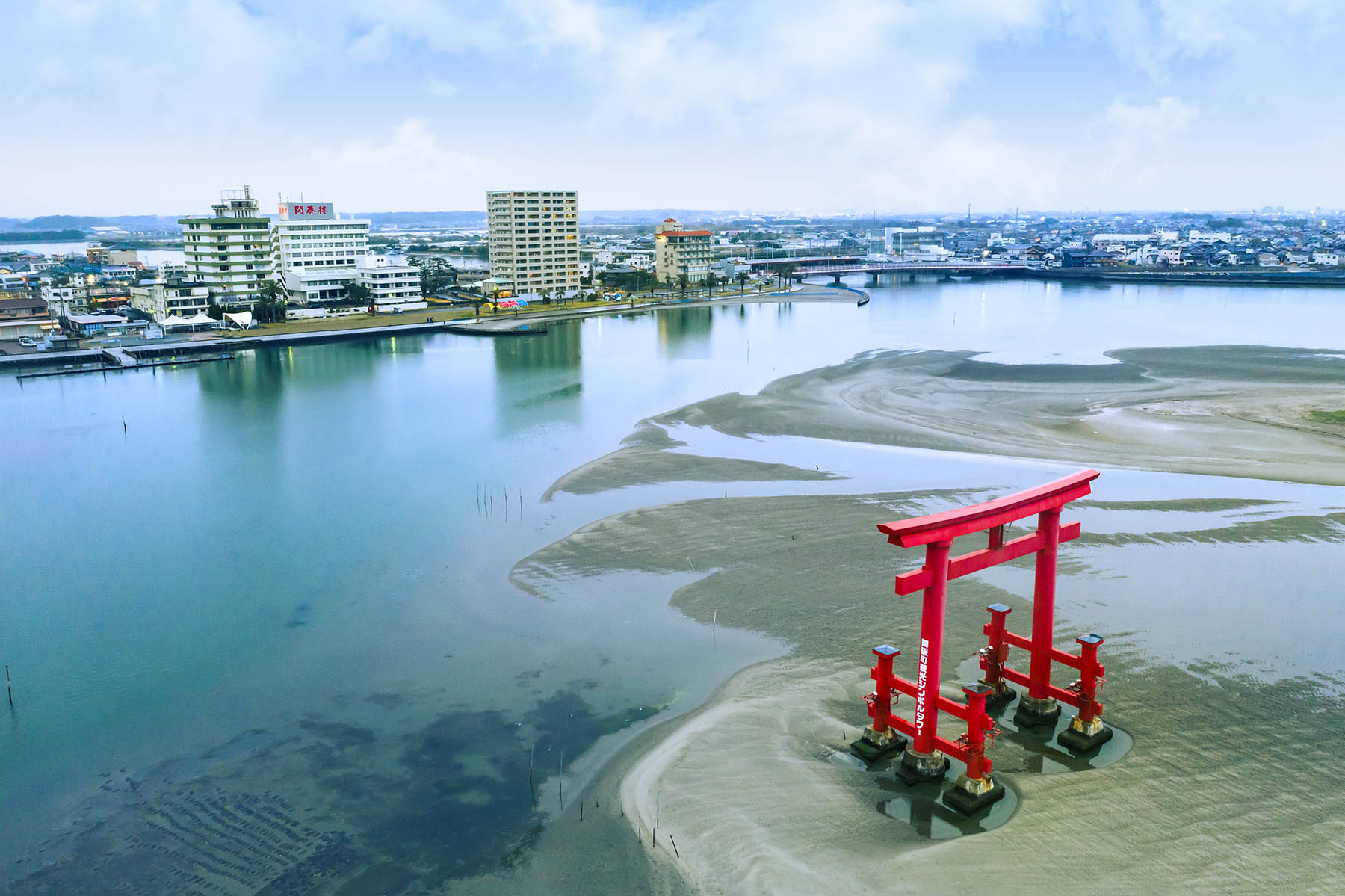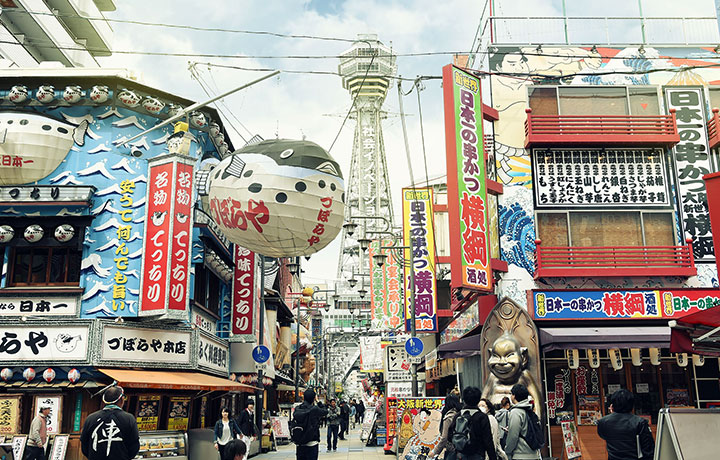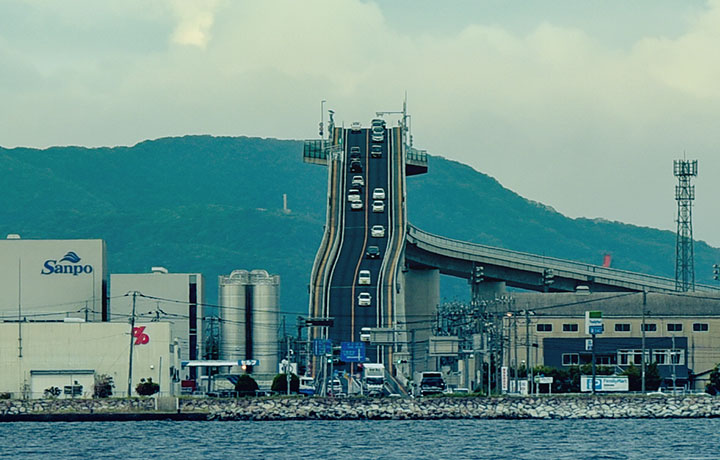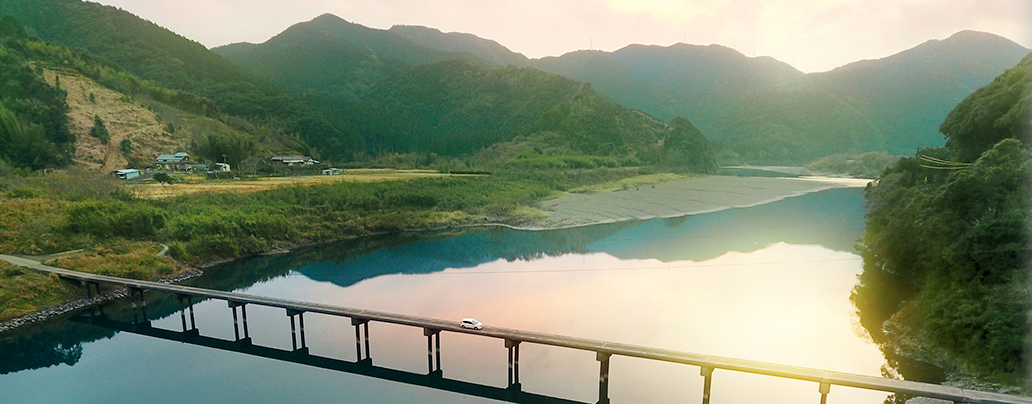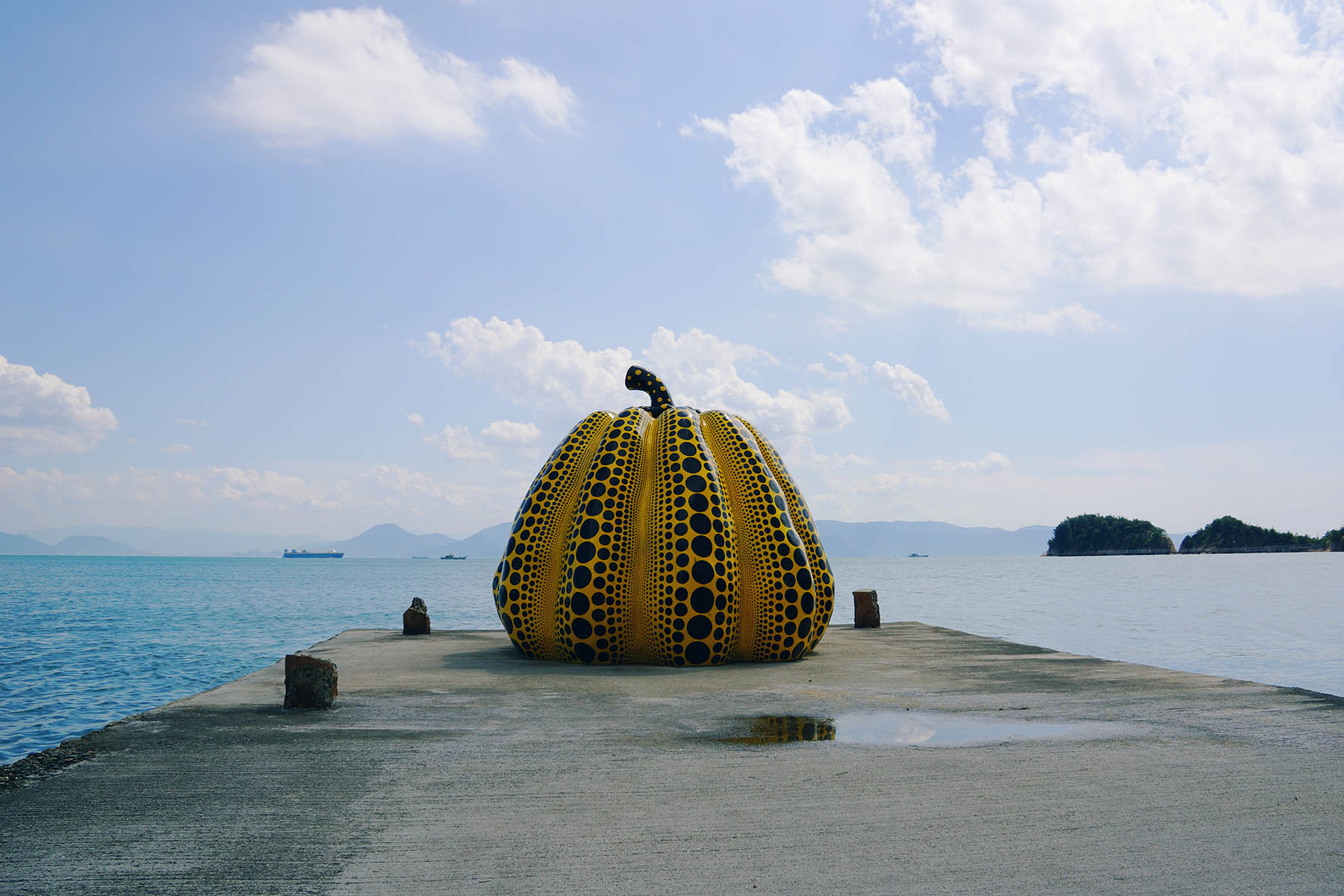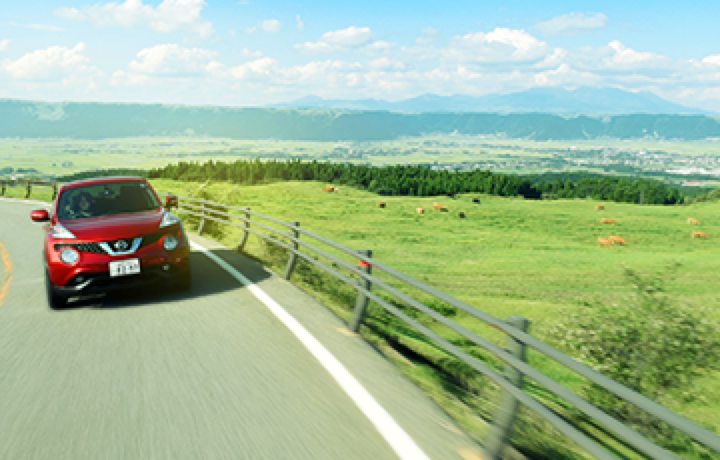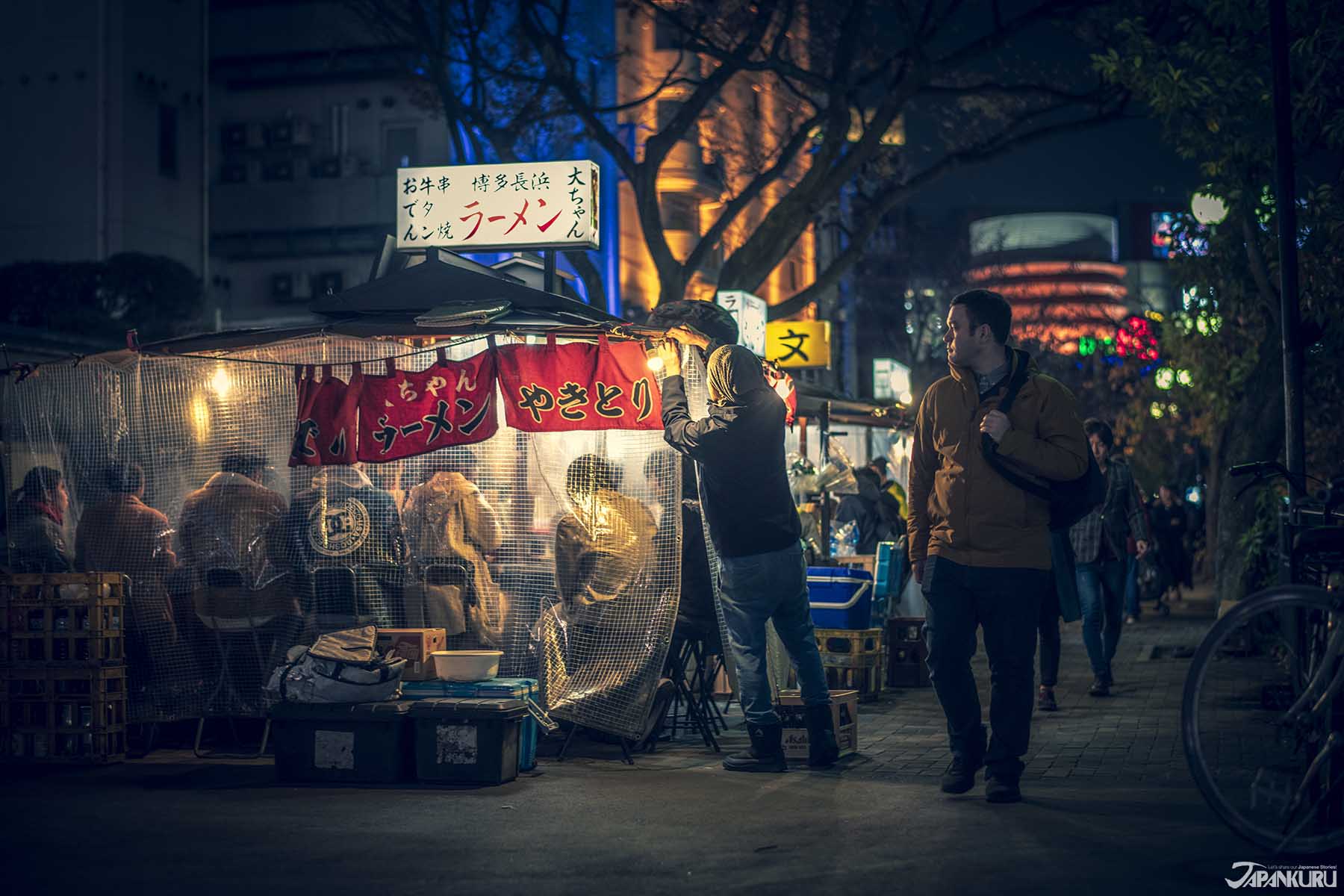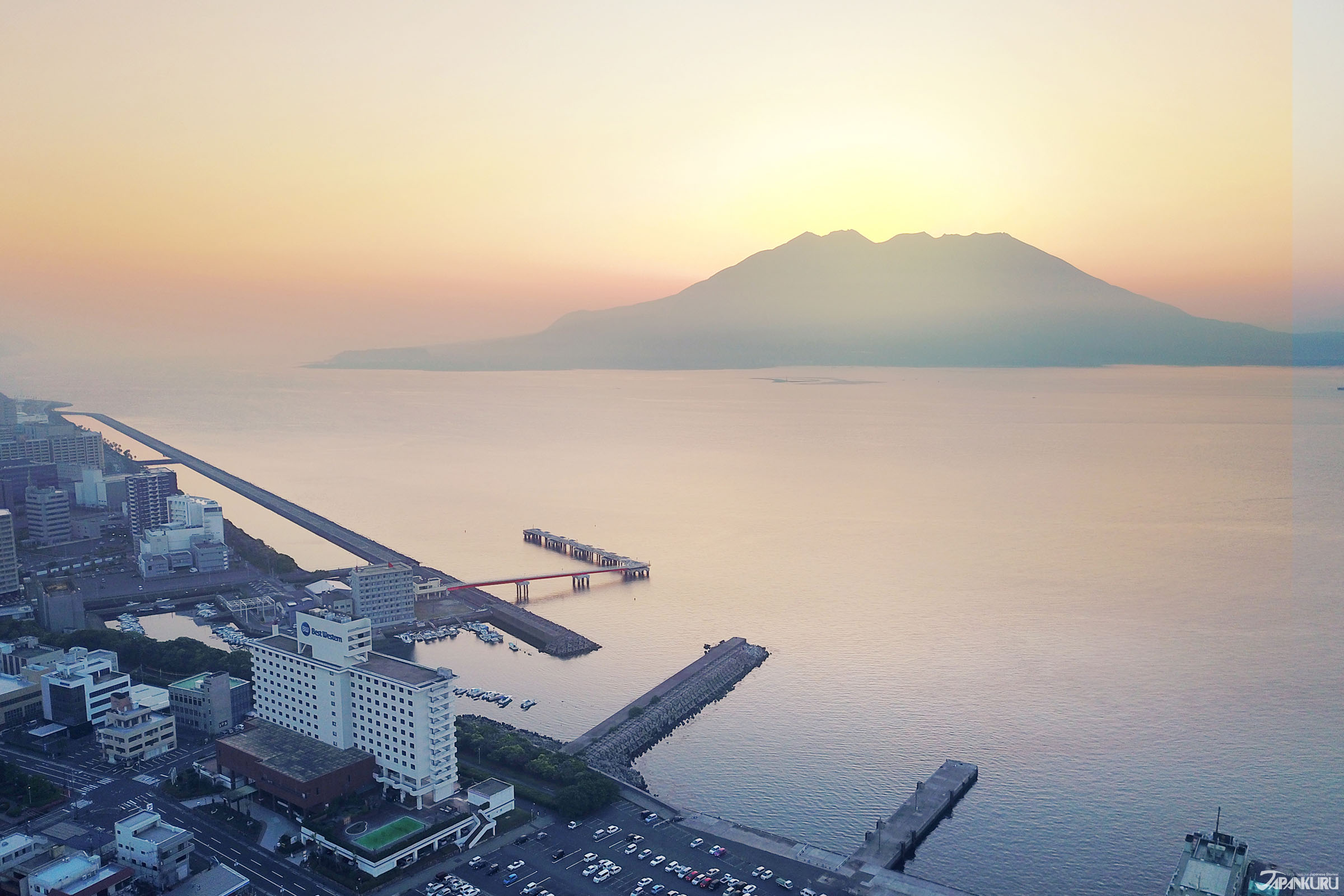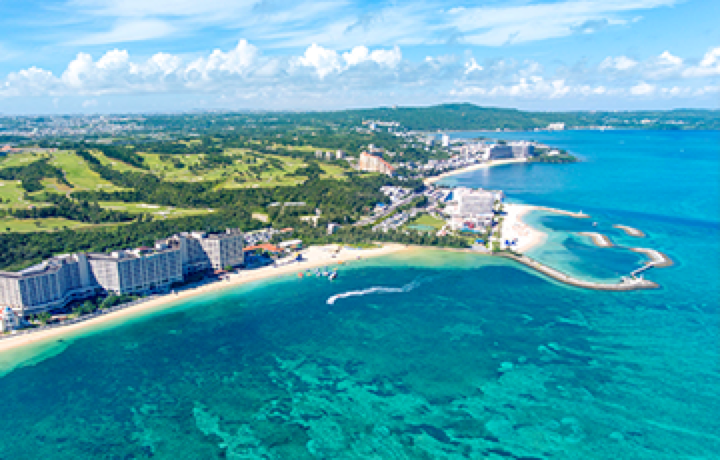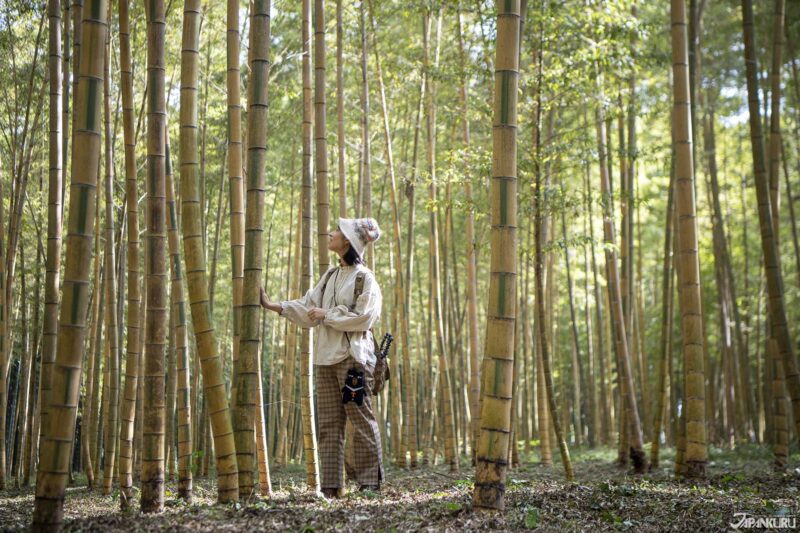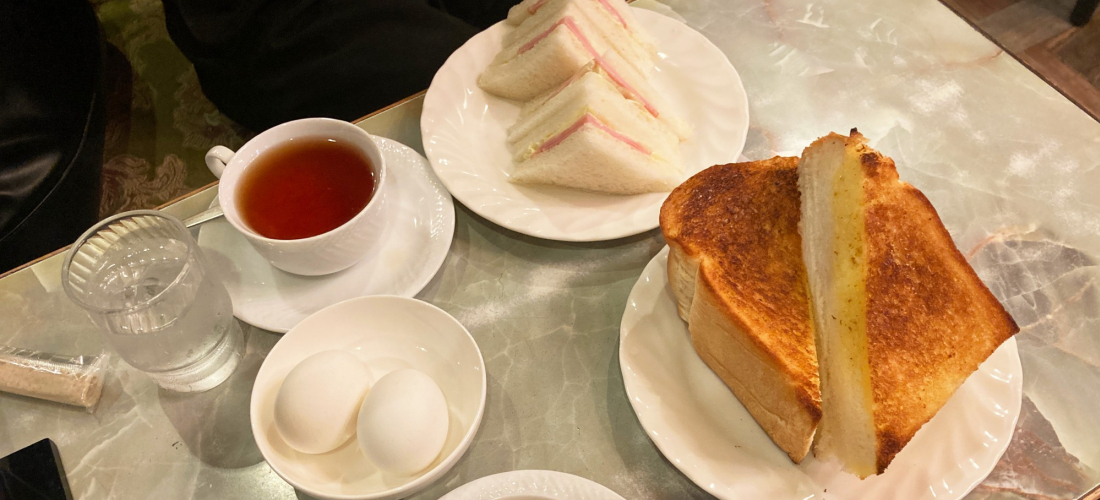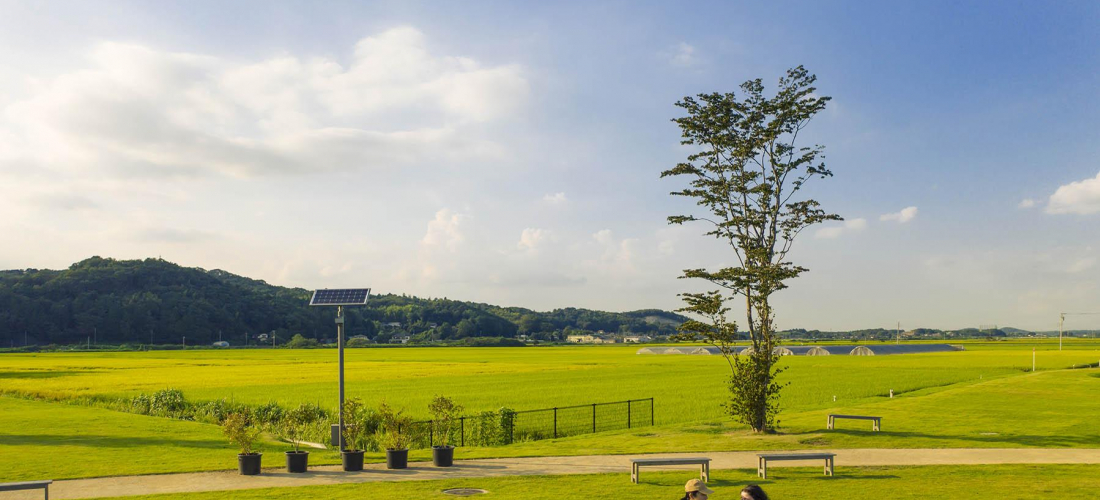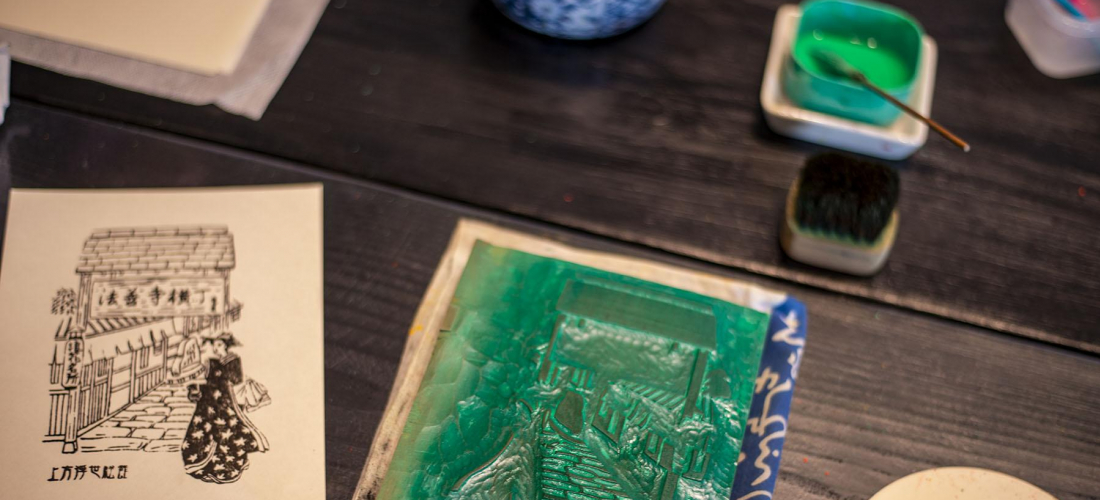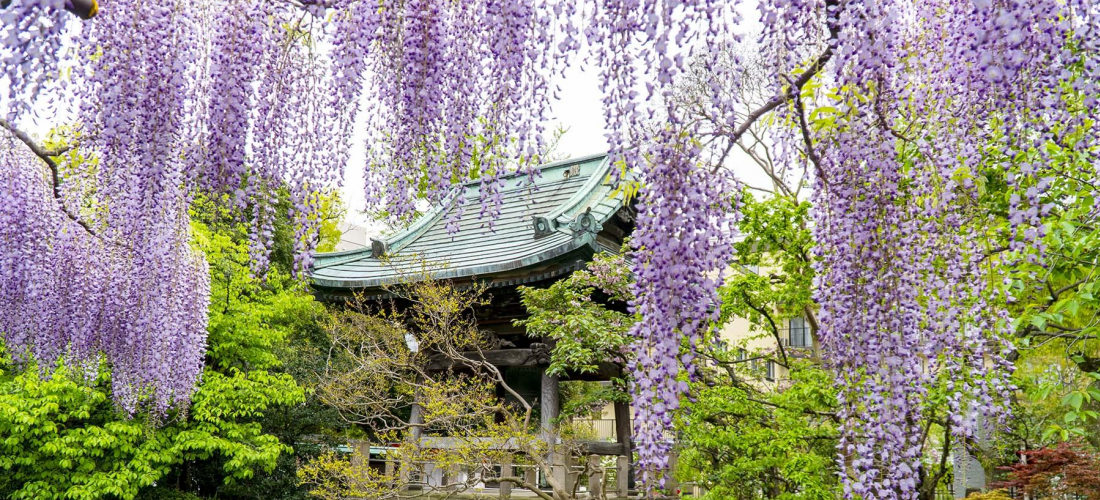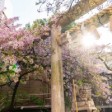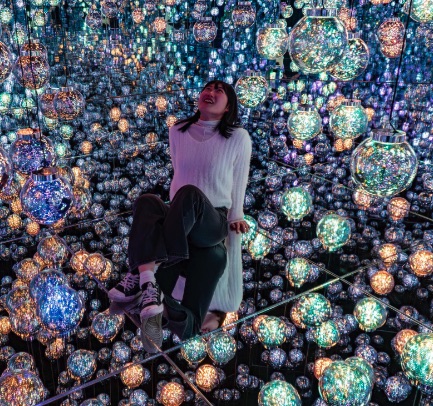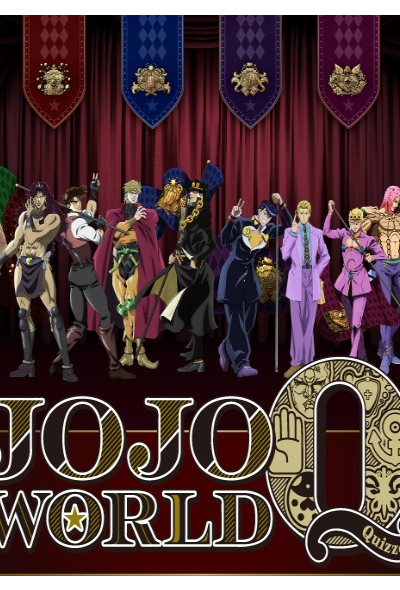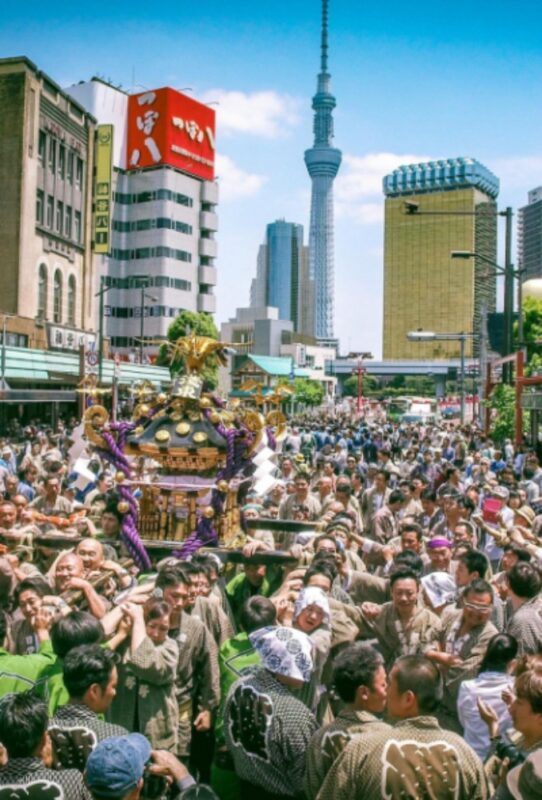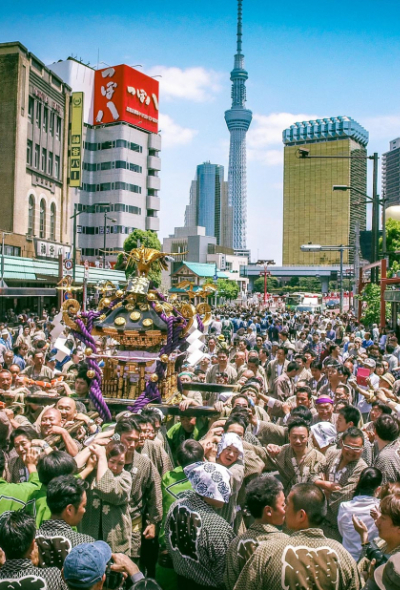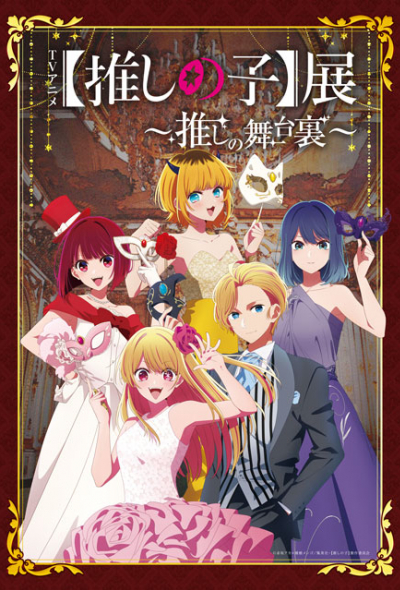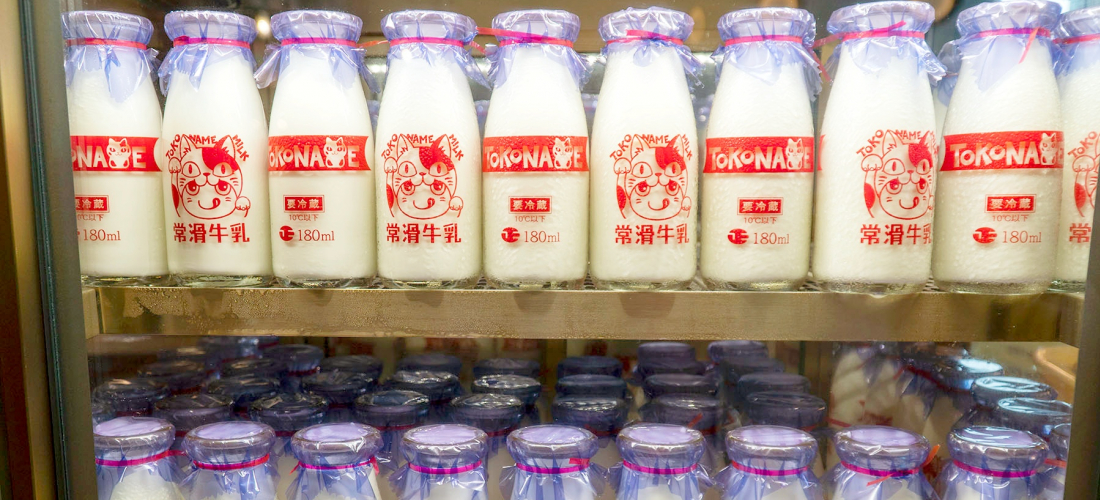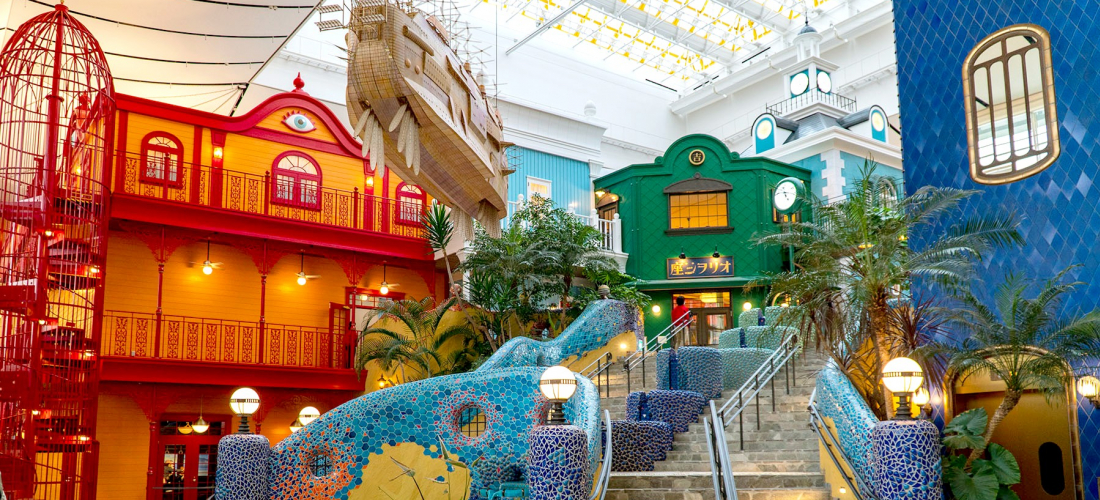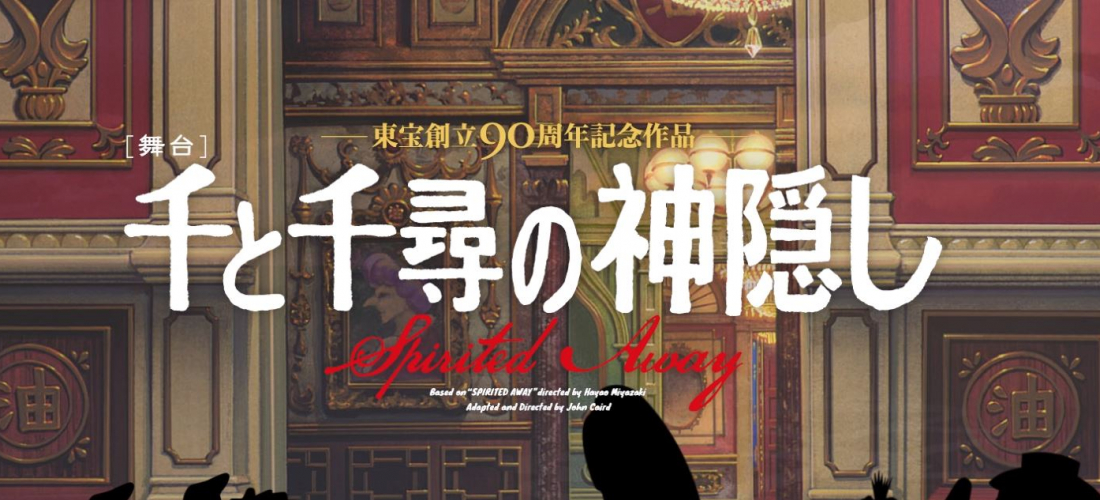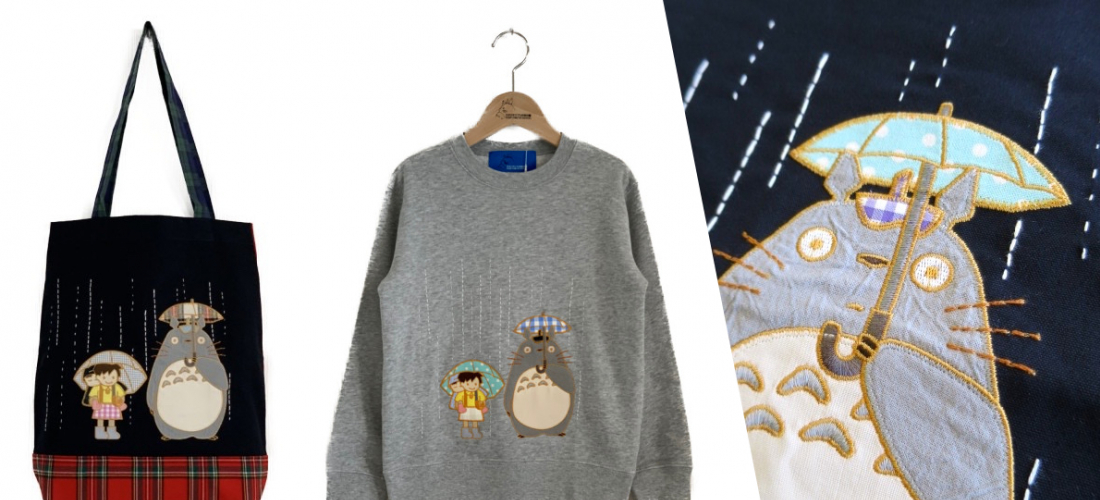CONTENTS
This Ghibli animator has taken to Twitter to finally answer a question fans have been wondering about for ages.
So, What Is That Mystery Meat in Spirited Away?
When Studio Ghibli took the initiative to release 400 high-quality stills from their films, perhaps aiming to give fans more Ghibli Zoom meeting backgrounds or tide them over until they can finally visit the museum again, netizens were clearly excited but also… not sure what to do with hundreds of gorgeous animation stills. An iconic shot from the much-beloved film Spirited Away, however, sparked new life in a long-held debate, a topic Ghibli-lovers have been discussing for nigh on 20 years. And thankfully, this time, we actually got some new information! Former Ghibli animator Hiromasa Yonebayashi, who worked on the very scene in question, weighed in on the subject in a handful of tweets on his personal account.
The question we've all been asking: What on earth is that thing Chihiro's dad is eating?
What is that? pic.twitter.com/JOqCwVYSmt
— 🇬🇧Name Your Hero?_ _ _🏴 (@HyruleIsEVIL) May 11, 2020
Personally, I didn't actually remember this scene that well, and when I saw the still for the first time I just assumed it was a weird hunk of chicken. But after seeing other images and GIFs being shared around the internet, I remembered the strange way the texture was animated, and realized that "chicken" definitely could not be the right guess. It's clearly a little transparent and kind of jelly-like, and maybe even a little slimey.
The thing is, before this new revelation, the most common guess for this mystery food was actually Taiwanese ba-wan, a sort of savory dumpling. Since lots of fans have already compared the scenery in Spirited Away to the Taiwanese town of Jiufen, with many assuming that Miyazaki used it as a model, this didn't even seem like such a wild guess. Some Japanese commenters even mentioned that they'd visited Jiufen and made sure to eat ba-wan during their trip just because of this scene! But Yonebayashi's tweet made no mention of ba-wan at all. Instead, it revealed that the mysterious, translucent shape that Chihiro's father is gobbling down with such relish is actually…
a coelacanth stomach!?
お父さんが食べてるブヨブヨした食べ物はシーラカンスの胃袋と絵コンテに書いてありました。
ハクはシュッと動いてピタッと止まるので原画が少なくて楽チン。千尋はビクビクしてるので原画が多くて大変。— 米林宏昌 (@MaroYonebayashi) September 19, 2020
A rough translation:
Original tweet:
Since Ghibli released these stills to use freely, I'm going to talk about my own keyframes. Spirited Away was the very first feature film I worked on, and I was very nervous about it, but I learned a lot. For the scene where Haku is fed the [medicine] ball, we all got together and spent time with a large dog, observing the way it moved.
Follow up:
The jiggly food that Chihiro's father is eating is coelacanth stomach, as was written in the original storyboard. Haku moves quickly and stops suddenly, so his animations require fewer keyframes, making him easier. Chihiro is always trembling nervously, so she requires more keyframes, and is more work.
It’s a Living Fossil, Is It Good to Eat?
The "coelacanth" that Yonebayashi is referring to is a deep-sea fish often called a living fossil, since coelacanths have existed for the past 350 million years. Once considered extinct and found only in fossils from millions of years ago, a living specimen was found in South Africa in 1938―largely unchanged. While they once lived in freshwater and shallow seas, they hid out for all this time in deeper waters, surviving until the present day.
But, can you actually eat coelacanth? Signs point to yes―the fish are technically edible―but when it comes to flavor, opinions vary. People who have tried coelacanth don't seem to be recommending it, but the way Chihiro's father slurps it up, this weird fish's stomach does look kind of delicious.
At this late hour, however, another voice entered the conversation! In the comments of Yonebayashi's tweet, a fan added another opinion, backed up by an image from the original Spirited Away storyboard (possibly taken in the studio exhibition of the Ghibli Museum). This commenter says that the text of the storyboard actually calls this jiggly item a "lamb's stomach."
絵コンテでは子羊の胃袋 pic.twitter.com/zJyYjGV2K7
— 巳蛇 (@kvD3OuPj1unQFPx) September 19, 2020
At this point, whether it's a lamb stomach or really, truly a coelacanth stomach… it's definitely not ba-wan! A sad day for Taiwanese fans everywhere. Hearing that the mystery meat was actually a coelacanth stomach was certainly a shock, especially after looking up the fish and seeing such a truly unappetizing face… but I guess the moral of the story is don't eat food of mysterious origins.
Details
NAME:Twitter
PROFILE
30 years old on the outside, pushing 80 on the inside
COMMENT
FEATURED MEDIA
VIEW MORE
・Accommodations for Odaiba Sightseers: Mitsui Garden Hotel Toyosu PREMIER ・住宿推薦 三井花園飯店 豐洲普米爾 ・오다이바 관광 맞춤 숙소: 미츠이 가든 호텔 토요스 프리미어 ・ค้างคืนที่ Mitsui Garden Hotel Toyosu Premier โรงแรมสำหรับผู้มาเยือน Odaiba #japankuru #odaiba #tokyo #tokyotrip #japantrip #japantravel #mitsuigardenhotel #mitsuigardenhoteltoyosupremier #tokyohotel #odaibahotel #toyosu #tokyoview #tokyobay #rainbowbridge #미츠이가든호텔토요스프리미어 #오다이바 #오다이바맛집 #오다이바건담 #오다이바해변공원 #오다이바야경 #오다이바온천

Nagano Prefecture is famous for delicious soba noodles, and in the city of Ueda, you can learn from the experts! Local aunties run this cooking class, teaching you everything you need to know to make your own delicious plate of soba noodles entirely from scratch. #japankuru #soba #sobanoodles #japanesefood #travelexperience #japan #japantrip #ueda #nagano #japaneseculture #japanexperience #daytrip #daytour #cookingclass #japanesecookingclass #上田市 #そば作り #소바체험 #우에다시 #나가노여행 #일본소바

Kuramae Shrine is known for its early-blooming cherry blossoms and its gorgeous golden mimosa blooms, making it a great sakura spot for travelers arriving in Tokyo a little early for the main cherry blossom season. It’s also tucked away in a neighborhood packed with trendy cafes and coffee shops. Kuramae is a lovely place to spend the day. 🌸☕️ ・ #japankuru #kuramaeshrine #kuramae #tokyo #tokyotrip #cherryblossom #cherryblossoms #mimosa #tokyocherry #花見 #蔵前神社 #ミモザ #桜 #東京 #Japan #日本 #일본 #Japon #ญี่ปุ่น #Japão #Japón #япония #japantravel #日本旅行 #日本旅遊 #일본여행 #japan_of_insta #japantrip #traveljapan

Local Japanese Favorites at the Okinawa Don Quijote ② Ohta’s Isan, the digestive aid of the Japanese people ・ ・ 2024唐吉訶德不可不知的好物推薦② 日本國民消化小幫手:太田胃散 ・ ・ 오키나와 돈키호테 숨은 꿀템2. 일본 국민 소화제! 오타이산 #japankuru #okinawa #donki #沖縄 #오키나와 #오키나와여행 #오키나와돈키호테 #일본쇼핑리스트 #오타이산 #일본소화제 #太田胃酸 #ohtasisan

Happy Valentine's Day from the Japankuru team! May your day be full of sweet chocolates and sweet nothings. 💕 Or, if you're like a rising number of women in Japan, take the opportunity to treat yourself! 🍫💝💆 • Find out more at Japankuru.com! (Link in bio.) • #japankuru #valentinesday #valentineschocolate #japanesechocolate #japaneseculture #バレンタイン #バレンタインチョコ #メリーチョコレート #Japan #日本 #일본 #Japon #ญี่ปุ่น #Japão #япония #japantravel #日本旅行 #日本旅遊 #일본여행 #japan_of_insta #japantrip #traveljapan #japan🇯🇵 #japanlife #igerstokyo #explorejapan #japanfocus #enjoyjapan #japantravelphoto

Japankuru Coupon: BEAMS fashion, accessories, lifestyle goods, and more! BEAMS 5% Discount Coupon ▶︎ Validity Dates: February 1 ~ February 29, 2024 ▶︎ Discount: 5% off all products in-store ▶︎ Usable At: BEAMS stores throughout Japan (all stores except BEAMS JAPAN Izumo and BEAMS JAPAN Nikko) ▶︎ Details: Please present this coupon page before payment to receive your discount! This coupon is also valid in combination with tax-free discounts/refunds for foreign tourists. (Tax-free shopping is only available at some BEAMS locations.) Some products may not be eligible for discount. ・ ・ ・ BEAMS - JAPANKURU優惠折扣券 BEAMS 2024年2月限定特別優惠券 店內全部商品95折 ▶︎使用期間:2024/2/1到2024/2/29 ▶︎使用範圍:日本全國店舖 ▶︎使用方法:結帳時請務必事先向店員出示本優惠券,若未出示本優惠券恕無法享有本優惠。本優惠券可搭配免稅優惠一併使用,但不排除特定門市無法使用本優惠券。此外,不排除特定商品不適用本優惠券。 ・ ・ ・ 「빔즈(BEAMS) x 재팬쿠루(JAPANKURU)」스페셜 할인 쿠폰 빔즈(BEAMS) 5% 할인 쿠폰 ▶유효기간: 2024년 2월 1일 ~ 2월 29일(한 달 동안) ▶︎할인율: 매장 내 전 상품 “5% 할인" ▶︎해당 매장: 일본 전국 빔즈 (BEAMS) 매장 (BEAMS JAPAN이즈모、BEAMS JAPAN닛코는 쿠폰 할인 대상 제외 점포입니다) ▶︎상세 내용: 결제 전 본 쿠폰 페이지를 제시하면 정가대비 5% 할인된 금액에 구매하실 수 있습니다! 본 쿠폰은 외국인 관광객들을 대상으로 하고 있으므로 면세 혜택(빔즈 일부 매장)과 별도로 추가 할인이 가능합니다. (일부 매장 및 제품은 대상에서 제외될 수 있습니다.) #japankuru #beams #beamsjapan #beamsginza #coupon #재팬쿠루 #빔즈재팬 #빔즈 #일본여행 #일본쇼핑 #일본쇼핑리스트 #銀座 #東京 #tokyoshopping #japankurucoupon

